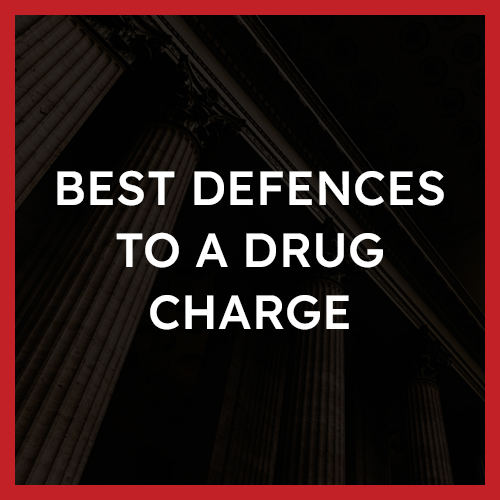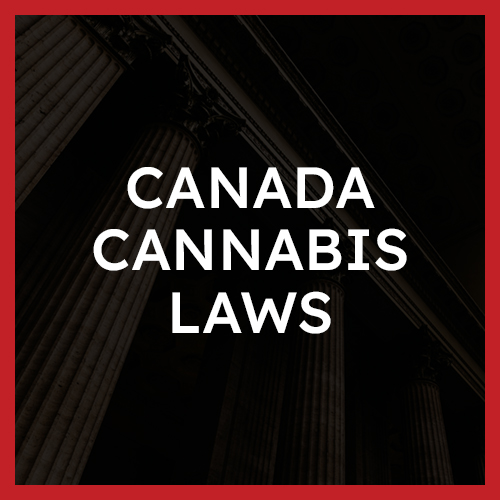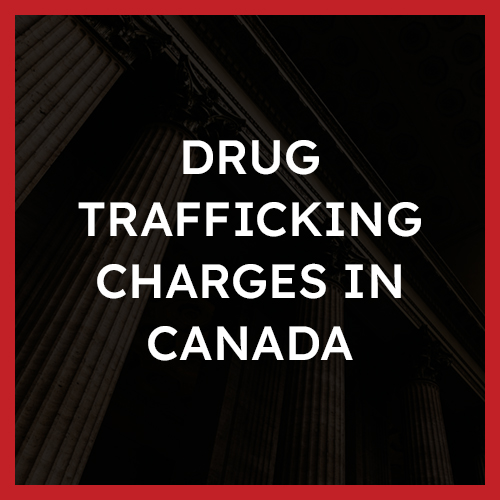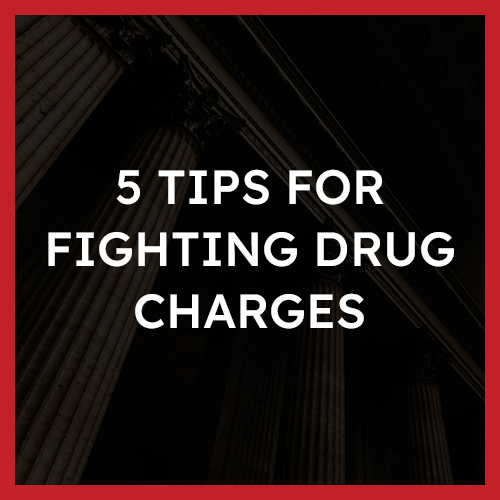What are the best defences to a drug charge?

You Did Not Consent To, Have Knowledge Of, or Control Over The Drug
One of the best ways to defeat a drug charge is to show that you did not consent to, have knowledge of, or control over the drug. This may involve proving that you did not know that the drug was in fact a drug, that you did not know that you had the drug on your person, that you were forced to keep the drug where it was found, or that you had no control over the drug. If you can prove any of these things, then you will not be considered to be in possession of the drug.
Show that The Crown Failed to Prove The Drug Was a Controlled Substance Under The CDSA
Sometimes it may be the case that the Crown has failed to take the steps required to establish beyond a reasonable doubt that the drug was a controlled substance under the CDSA. In order for the Crown to successfully prove this fact, they must take the drug that was seized during the investigation and submit it to a lab for testing. After the drugs are tested, the Crown will need to obtain a certificate from a technician who is qualified to examine the drug and who can attest to the fact that it is a drug that is listed in the CDSA.
The Crown Prosecutor must then serve an affidavit to the accused or the accused’s defence counsel that shows the results of the testing and that indicates that the Crown Prosecutor intends to use the results of those tests against the accused. If the Crown Prosecutor fails to serve the accused or the accused’s counsel with this certificate, or if it is seriously flawed in some way, then the Crown may be unable to rely on it as evidence at trial. As a result, it may turn out that the Crown does not have adequate evidence to prove the offence beyond a reasonable doubt.
However, it is important to note that you can be found guilty of trafficking even if the substance you were trying to traffick was not one listed in the CDSA. As long as you advertised some substance (even if it was not illegal) as a substance listed under the CDSA, and trafficked that substance on that basis, you can still be found guilty of drug trafficking.
Constitutional Challenges
It is possible that while investigating you for a drug offence, the police violated one or more of your constitutional rights. If the violation is serious enough, it could result in the exclusion of evidence against you. As a result, the Crown Prosecutor may not have enough evidence to continue to pursue your conviction.
One of the most important constitutional violations in the context of a drug investigation is the violation of your right to be free from unlawful search and seizure. When conducting a search with or without a warrant, the police must act within the scope of power that is accorded to them by law. If they seize drugs while acting beyond the scope of their lawful duty, any drugs that were seized were seized illegally. In such an event, your defence lawyer can argue that the unlawfully seized drugs are excluded from your trial.
Because many serious drug charges involve the execution of a search warrant, your lawyer may also be able to exclude evidence gathered with that warrant if the warrant was defective in some way. That is, when obtaining a warrant to conduct a search and seizure, the police must meet certain legal requirements and must then conduct the search and seizure in a manner that is compliant with law. It is often the case that there are defects with the warrant, or that the police did something they were not authorized to do when executing the warrant. If this is the case, any evidence that was seized by virtue of an improperly granted or improperly executed warrant may be excluded from your trial.
About The Author







